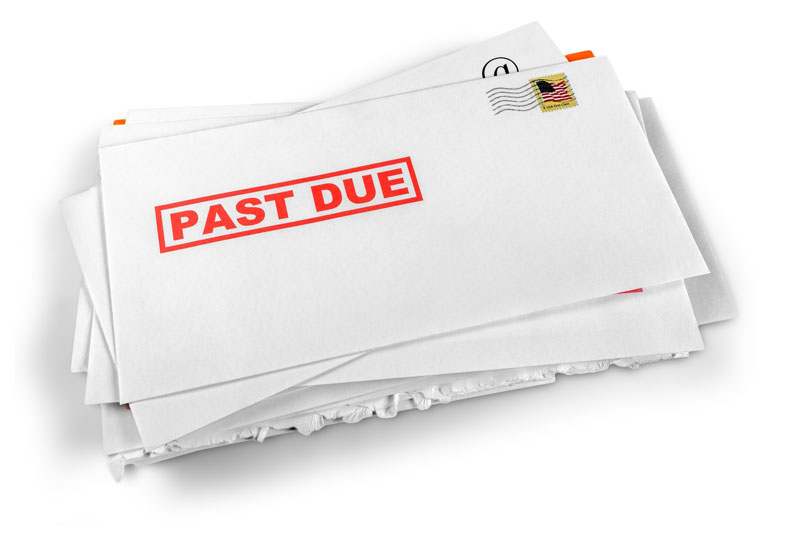Back in 2002 while still in college, I purchased my first rental property, a small duplex which came already occupied with tenants in one unit. My plan was to live in the vacant unit and rent out the other, with the expectation that my rent collected would cover my mortgage and I’d get to live there pretty much for free.
I lived in that property for 4 years, and continued renting to those same tenants the entire time I lived there, and of the roughly 48 rent payments I collected during that time, less than half came on or before the 1st of the month. Rent always came eventually, but never on time, and occasionally would fall several weeks behind, and it would take months for them to catch back up.
Today, we achieve nearly 100% on-time compliance across hundreds of tenant payments, and I realize the situation back then was entirely my fault for not having a better process and consequences clearly laid out for both the tenant’s and my benefit.
3 Keys to Ensuring Rent is Paid on Time
- Screen, Screen, Screen
Failing to thoroughly screen prospective tenants is the surest way to attract tenants that will make a landlord’s life miserable, and I’m shocked at the number of landlords we encounter regularly that still skip this simple but critical phase of leasing. Respectable tenants expect to be screened, and if an applicant refuses, that’s a pretty good indication that they would have been a bad tenant anyway.
Websites like Transunion Smartmove make it easy for a landlord to screen for the basics, but always call and verify every reference, especially prior landlords and their current employer. While credit and background checks are important, we still find that a solid paycheck and a thumbs-up from prior landlords is the strongest predictor of tenant behavior, so take the time to verify all references and income as well.
Collect rent online
The most common objection I hear from landlords still waiting by the mailbox for rent checks is “my tenants won’t go online.” This is a myth, and in our experience most tenants are thrilled to have access to their account and payment portals online just like their other bills. According to the Federal Reserve, only 3% of the US population prefers to pay for anything with a check vs. other forms of payment.
Not only is check processing more expensive and time-consuming on both ends of the transaction than mobile payments, but online payments are instant and eliminate the vast majority of late rent excuses (“it must have gotten lost in the mail…”).
When choosing a rent payment platform, just make sure it is fully accessible from all devices, and is a specifically designed and approved for collecting rent (Venmo and Paypal are NOT approved for collecting rent, and both provide zero protection if the transaction has an issue).
Zero tolerance for late rent
This one requires some discipline and tough love, but in the end is best for all parties involved. Zero tolerance for late rent doesn’t mean you start the eviction process at 12:01 am on the 2nd of the month if rent is unpaid. A zero-tolerance policy for late rent is having specific processes stated in your lease for how late rent is handled (down to the minute), and that you follow that prescription exactly.
For example, all of our leases have rent due on the 1st with a 2-day grace period, so rent isn’t considered to be late until the 4th. However, at 12:01 am on the 4th we begin charging late fees (which are never waived) and we send a formal “3-day pay or quit notice” registered mail to the tenant on the 7th. We always stay in close communication to let them know they will be receiving the notice, but if they pay rent plus all late fees in the meantime and have received confirmation that their account is paid in full, they may disregard the notice.
This phone call is not a scare or intimidation tactic, but a friendly call to remind the tenant that paying rent on time is important, and while we understand that sometimes things happen and rent may be paid late, there are consequences, and that in the event they do not pay rent as promised, the registered notice acts as formal notice that the clock has started toward possible eviction proceedings.
Although this may sound harsh to some, the purpose of a zero-tolerance policy is to prevent evictions, not accelerate them. Tolerating late rent payments only leads to even later payments in the months that follow, which eventually leads to a tenant falling so far behind that they reach a “point of no return” where they simply can’t catch back up, leading to eventual eviction.
By enforcing swift consequences for late payment, tenants hear loud-and-clear the importance of on-time payments and tend to keep their account in good standing.


